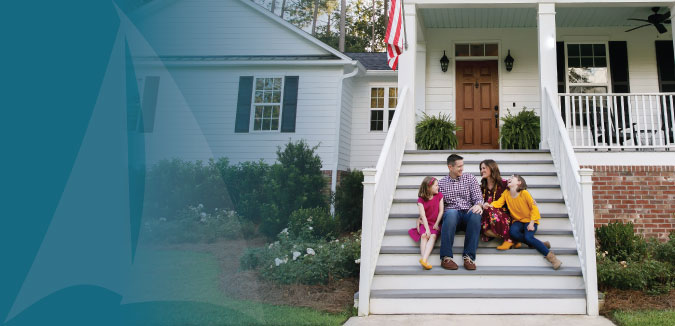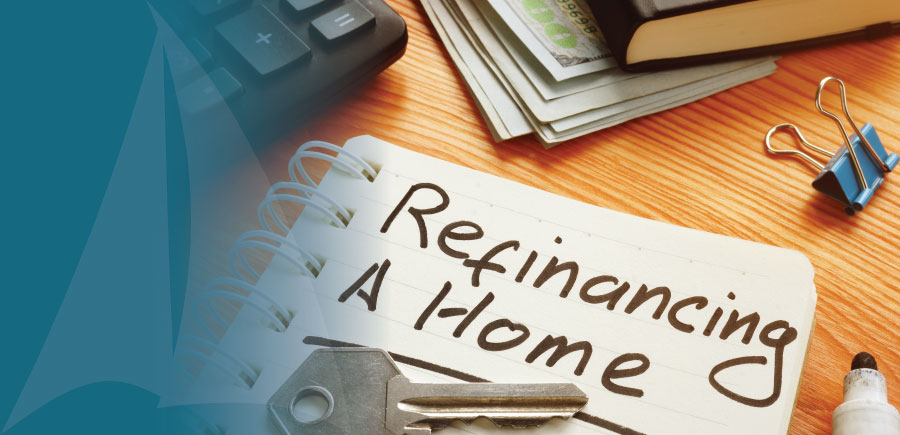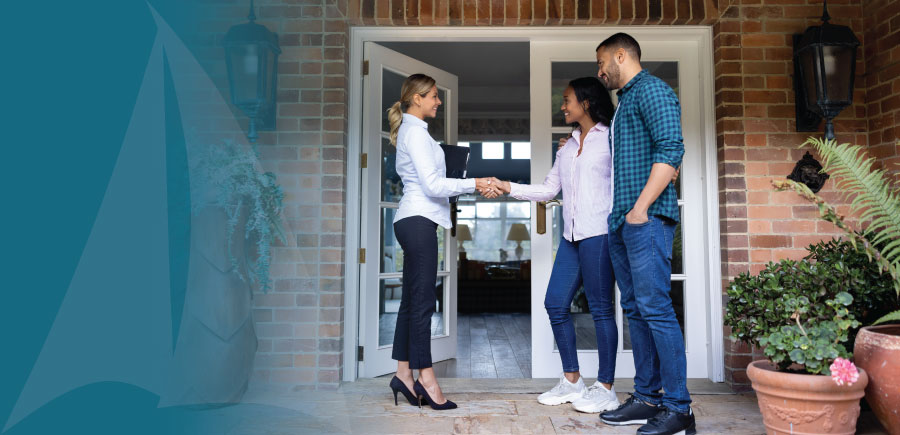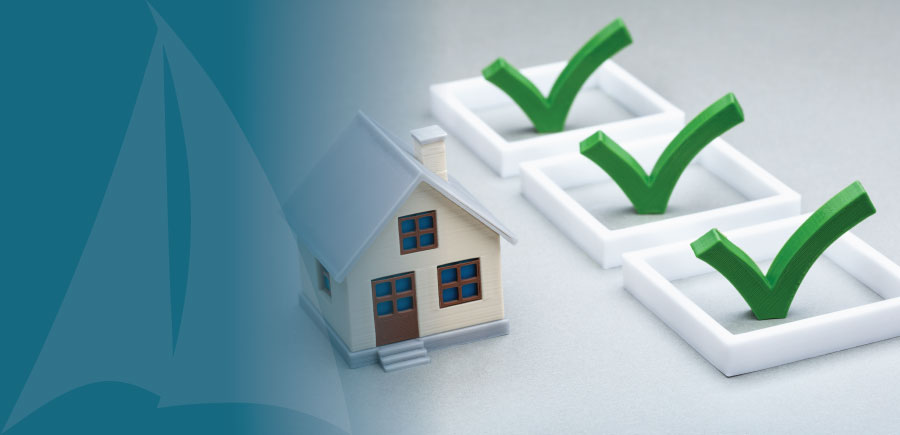featured
2025-07-22
Mortgages
published
5 Minutes
Buying a home is one of the biggest financial decisions most people make in their lifetime. While it’s easy to fall in love with curb appeal or a dream kitchen, a smart home purchase depends on more than aesthetics. Here are the top things to consider ensuring your investment fits both your lifestyle and your financial future.
1. Your Financial Readiness
Before browsing listings, take a close look at your budget. Understand how much home you can afford, not just in terms of price, but also monthly expenses. Consider the following:
- Credit Score: A higher credit score can help you qualify for lower mortgage interest rates, saving you thousands over the life of your loan. Check your score and dispute any errors before applying.
- Down Payment: While 20% is often ideal to avoid private mortgage insurance (PMI), many buyers put down 5–10%. Explore loan options (FHA, VA, USDA) that offer lower down payment requirements.
- Pre-Approval vs. Pre-Qualification: A mortgage pre-approval shows sellers you’re serious and know your limits. It’s more reliable than a pre-qualification, which is based on unverified estimates.
- Monthly Expenses: Don’t just focus on the mortgage. Budget for property taxes (which can vary by area), homeowners’ insurance, utilities, potential HOA dues, and regular maintenance.
- Emergency Fund: Homeownership comes with surprise costs—think leaky roofs or broken HVAC systems. Make sure you have savings set aside beyond the down payment and closing costs.
- Room for Flexibility: Avoid stretching your budget to the max. Leave space for vacations, hobbies, and future financial changes.
QUESTIONS YOU SHOULD BE ASKING BEFORE TAKING ON DEBT
2. Location, Location… Lifestyle
Where you buy is just as important as what you buy. Consider these factors:
- School Districts: Even if you don’t have children, homes in top-rated school zones often retain their value better and sell faster.
- Walkability & Sidewalks: A pedestrian-friendly neighborhood enhances safety, encourages outdoor activity, and increases the appeal for families and pet owners.
- Commute Time: Try the commute during rush hour. A home that’s affordable but far from work might cost more in fuel, time, and stress.
- Noise & Safety: Visit the area at different times—day, night, and weekends. Look for signs of a well-kept neighborhood and talk to neighbors if possible.
- Convenience of Amenities: Having grocery stores, hospitals, parks, and restaurants nearby improves quality of life and can be a selling point later.
3. Long-Term Plans
Think about how long you intend to stay in the home. This affects everything from the type of mortgage you choose to the size and features of the house.
- Family Growth or Changes: Planning for kids? Aging parents moving in? Downsizing after the kids leave. Make sure the space supports your next chapter.
- Job Stability: If there’s a chance you’ll need to relocate in a few years, you may want a more flexible housing option or one that’s easier to sell or rent out.
- Mortgage Terms: A 30-year fixed-rate mortgage offers lower monthly payments but costs more in interest over time. A 15-year mortgage might make sense if you can afford higher payments and plan to stay long-term.
FINDING MORTGAGE JARGON A BIT CONFUSING? CLICK HERE TO BETTER UNDERSTAND COMMON MORTGAGE TERMS
4. Home Features That Make (or Break) Comfort
The right features can make a house feel like home—but what matters most is how the space functions for you.
- Storage Space: Think beyond closets—look for pantries, garage space, sheds, and attic or basement storage for long-term organization.
- Bathroom Setup: Do you need a tub for kids? Double sinks for busy mornings? A main-level bathroom for aging in place?
- Kitchen Functionality: Does the kitchen flow well? Is there space to cook, eat, and store items? Appliances should be in good condition and suited to your needs.
- Outdoor Space: A large yard can be a blessing or a burden. Consider how much time and money you're willing to invest in upkeep—or if you'll need to hire help.
- Flex Rooms: Can you turn a spare bedroom into a home office or gym? Multi-use spaces offer more value as lifestyles evolve.
HOME PROJECTS THAT CAN BOOST THE VALUE OF YOUR HOME
5. Age and Condition of the Home
An older home may have character but can come with expensive surprises.
- Major Systems: Check the age of the roof, HVAC, plumbing, and electrical systems. These are some of the most expensive items to repair or replace.
- Energy Efficiency: Are the windows single- or double-pane? Is the insulation sufficient? These factors affect comfort and utility bills.
- Inspection is Non-Negotiable: Hire a qualified home inspector. Don’t skip this step—an inspection can reveal hidden problems with the foundation, water damage, pests, or outdated wiring.
6. Resale Value and Market Trends
Even if you’re planning to stay forever, life happens. It’s smart to think about your home’s resale value.
- Neighborhood Growth: Are there signs of development like new schools, shopping centers, or improved infrastructure? These usually signal rising home values.
- Curb Appeal & Renovation Potential: Homes with attractive exteriors and open layouts are easier to sell. Minor upgrades (like fresh paint or updated fixtures) can add big value later.
- Comparing Other Nearby Homes: Look at recent sales in the area to make sure the home you’re considering is fairly priced for its condition and location.
Final Thoughts
Buying a house is more than just a transaction—it’s a step toward building a secure and fulfilling future. By thinking beyond the surface and asking the right questions, you’ll make a decision that stands the test of time—and feels like home from day one.
Need help understanding mortgage options or budgeting for your dream home? Talk with a trusted mortgage lender and financial advisor to better understand your mortgage options, estimate monthly costs, and create a plan that sets you up for long-term success.
Still trying to figure out how much you can afford when buying a new home?





